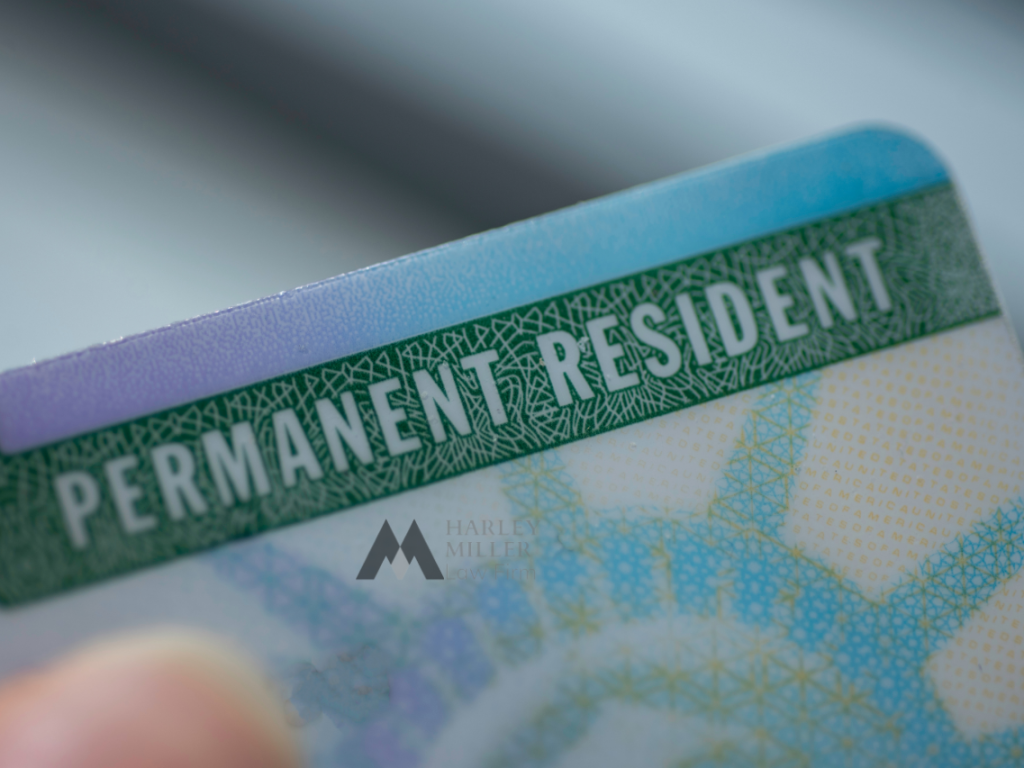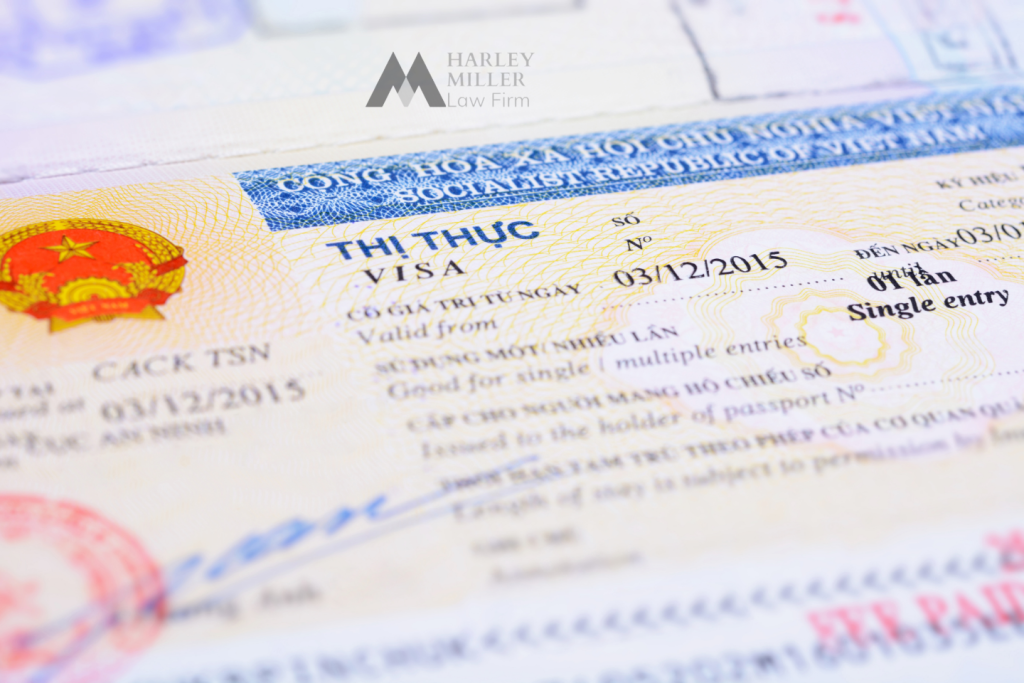All EU members are keen to full tap into the great potential of the EU-Vietnam economic relationship. Vietnam visa exemption for European Union (EU) citizens has emerged as a significant development that promises substantial benefits. This policy change allows EU travelers to visit Vietnam without the need for a visa, thereby eliminating bureaucratic procedures and providing greater flexibility for tourists and business travelers alike. The convenience offered by this visa exemption is expected to attract a surge in European tourists, promoting cultural exchange, boosting the tourism industry, and enhancing economic ties between Vietnam and the EU.
Overview
Vietnam’s recent visa reforms have included extending the validity period of e-visas and the duration of visa-free stays. This has been recognized as a critical step. However, currently, only 7 EU members are exempt from visas, which poses a challenge for European businesses and travelers wishing to visit Vietnam. In order to capitalize on the economic boost that visitors can bring in the post-pandemic era, EuroCham believes that now is the perfect time for Vietnam to expand visa exemptions to all EU member states. This important step would enhance the effectiveness of Vietnam-EU cooperation and unlock a wide range of benefits, including in the areas of tourism, trade, investment, and cultural exchange.
The initiative to extend visa exemptions has received strong support from across Europe, with 18 EU ambassadors to Vietnam and all 9 EU business associations affiliated with EuroCham co-signing our proposal letter to the prime minister. By building stronger ties with Europe’s vast common market of over 500 million consumers, Vietnam has an excellent opportunity to reach its full potential and elevate its stature on the global stage.
By providing broader access to the EU, investors, business leaders, and professionals will have the opportunity to spend more time developing local connections in the Vietnam market. This will lead to a better understanding of the market and is likely to result in valuable new capital inflows, trade deals, and integration into global value chains. Moreover, it will provide a significant boost to jobs, economic growth, and international integration for Vietnam. Similarly, extending visa exemptions is expected to attract millions more European tourists to Vietnam’s scenic landscapes and rich culture, resulting in a tourism boom that will benefit Vietnamese businesses and workers for years to come. This will further solidify Vietnam’s position as a top Asian destination.

Benefits from the visa exemption for the expanded market
Tourism attractions:
By widening the pool of source countries, Vietnam’s tourism sector would experience stability while maintaining robust growth. Europeans, in particular, tend to spend considerably more per visit and have longer stays in Vietnam compared to other tourists. Many European visitors often spend up to three weeks at a time in Vietnam, indulging in luxury hotels, dining at world-class restaurants, shopping at upscale boutiques, and exploring cultural attractions. By granting access to EU visitors, Vietnam can seize the opportunity to attract a growing number of high-value European retirees who opt to reside in the country for several months, enjoying the tropical climate during the winter.
Trade and investment
By reducing barriers to EU business and leisure travel, Vietnam and Europe can strengthen trade and investment flows between them. It is important to note that Europe currently stands as Vietnam’s third-largest export market, right after the US and China. Simplified entry processes would enable European companies to further enhance and expand the business relationship between the EU and Vietnam by actively seeking out opportunities in Vietnam’s rapidly growing consumer market. In addition to benefiting the tourism sector, streamlined access for EU visitors also facilitates important knowledge and skills transfers for Vietnam. Easier entry creates opportunities for more conferences, corporate travel, training programs, and collaborative projects between Vietnam and its EU partners. These exchanges play a critical role in supporting Vietnam’s objectives of developing human capital and adopting global best practices.
Partnership and Workforce
More partnerships with EU companies will directly accelerates skills development in priority sectors like renewable energy, digital economy, and advanced manufacturing. Access to EU expertise talent through professional exchanges will equip Vietnam’s workforce with the capacity to drive innovation and climb regional and global value chains.

Benefits that foreigners can take advantege of when EU-Vietnam relations are strengthened
Increased Market Access:
Visa exemptions for the entirety of the EU would significantly enhance market access for foreign investors. This means that investors would have the opportunity to freely travel and establish business connections throughout the EU member countries without the need for a visa, streamlining the investment process.
Expansion of Investment Opportunities:
Access to the EU without visa restrictions would create a level playing field for foreign investors. This would result in increased investment opportunities across various industries and sectors within the EU, allowing investors to diversify their portfolios and explore new markets.
Enhanced Financial Stability:
Visa exemptions can foster financial stability by attracting more foreign investors to the EU. The ability to freely travel between EU member countries would allow investors to closely monitor their investments, attend meetings, and develop relationships with local partners without the burden of visa limitations. This stability can lead to more sustainable growth and increased investor confidence.
Increased Capital Inflows:
The removal of visa requirements would likely attract a larger inflow of capital from foreign investors into the EU. Simplified travel processes make it easier for investors to allocate resources efficiently, contribute to economic growth, and generate additional revenue for both the investor and the EU economy.
Streamlined Cross-Border Transactions:
Visa exemptions would facilitate smoother cross-border transactions. Investors would be able to engage in business activities seamlessly, negotiate contracts, and finalize transactions without the complications associated with visa requirements, thereby improving the overall efficiency of international business operations.
Solutions for Vietnam government learning from other countries
To prioritize sustainability, Vietnam should focus on incentivizing the development of small-scale, eco-friendly tourism projects rather than large-scale mass tourism ventures. This approach will contribute to the preservation of Vietnam’s remarkable natural beauty, learning from the mistakes made by neighboring countries. The implementation of tax incentives, simplified permitting processes, and promotional support for sustainable tourism providers that adhere to eco-standards, including visa exemption, will encourage the growth of low-impact businesses such as eco-lodges, nature tours, community homestays, and conservation volunteer tourism. Additionally, it is crucial to implement stringent ecological impact assessments for all new tourism developments to minimize any harm to pristine coastal, mountain, and jungle environments. Furthermore, existing mass tourism operations should be encouraged to embrace eco-upgrades such as adopting renewable energy sources, reducing the use of plastics, and implementing effective wastewater treatment systems.
Actively promoting Vietnam’s rich cultural, historical, and natural assets on the global stage is also imperative for sustainable tourism growth. Neighbouring countries have successfully leveraged renowned attractions to attract visitors. Vietnam must also actively preserve its treasures through stricter anti-pollution and waste laws, nationwide clean-up campaigns, recycling programmes, and plastic bans in tourism businesses. This will ensure the beauty of landscapes and monuments remains unspoiled for generations. Additionally, the long-term viability of tourism depends on Vietnam proactively protecting its environmental and cultural heritage.

Conclusion
Overall, the Vietnam visa exemption for the EU is poised to bring about major advantages for both sides, consolidating bilateral relations and forging stronger bonds in various domains.
HMLF is always available to offer assistance in understanding the procedures with authorities.
Harley Miller Law Firm “HMLF”
Head office: 14th floor, HM Town building, 412 Nguyen Thi Minh Khai, Ward 05, District 3, Ho Chi Minh City.
Phone number: +84 937215585
Website: hmlf.vn Email: miller@hmlf.vn

